Dr. Juliet Emamaullee
Associate Professor of Surgery and Immunology (Clinical Scholar) at the University of Southern California Keck School of Medicine
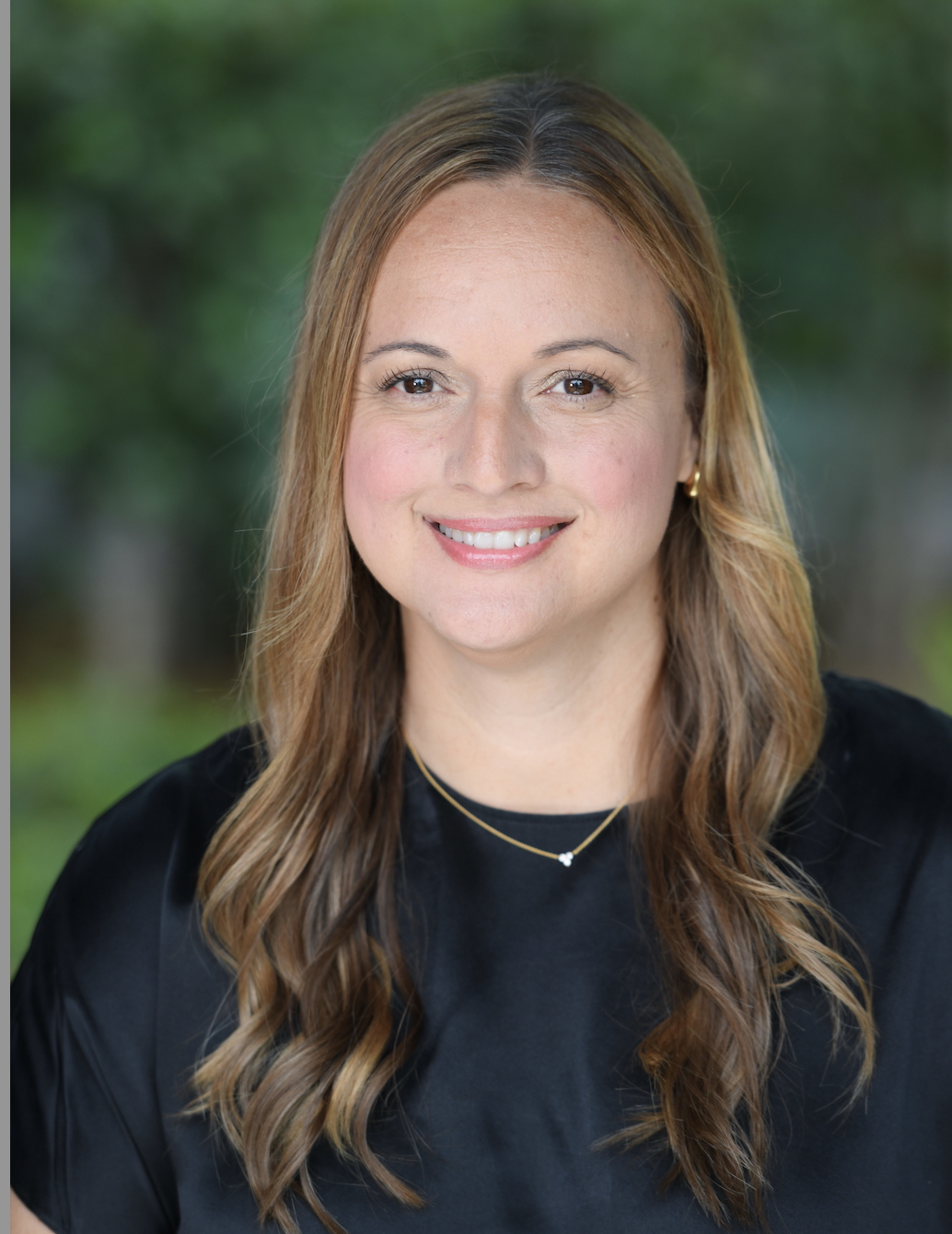
Dr. Juliet Emamaullee is an Associate Professor of Surgery and Immunology (Clinical Scholar) at the University of Southern California Keck School of Medicine and an attending liver and kidney transplant surgeon at Keck Hospital and Children’s Hospital-Los Angeles. She is also the Associate Chief, Division of Clinical Research, Department of Surgery. Dr. Emamaullee completed her PhD and MD degrees at the University of Alberta, followed by residency training in general surgery at Emory University and an abdominal organ transplant/HPB surgery fellowship at the University of Alberta. She is a surgeon-scientist with an NIH-funded translational immunobiology lab, exploring immunological phenotypes associated with liver transplant recipients. Dr. Emamaullee’s areas of expertise include computational biology, Fontan-associated liver disease, and living donor liver transplantation.
Talk: Harnessing systems immunology to reimagine personalized medicine in liver transplant rejection
Abstract: The approach to diagnosis, treatment, and monitoring rejection episodes in clinical liver transplantation has not changed in decades. The Emamaullee lab applies systems immunology approaches to analyze patient samples to define key features of the alloimmune microenvironment during biopsy-proven rejection. In this presentation, she will share their data using spatial proteomics, CyTOF, and plasma proteomics combined with machine learning modeling to define tissue correlative biomarkers of rejection in blood samples. This work will guide development of novel immunotherapies and a liquid biopsy to dynamically monitor response to treatment in clinical transplant recipients.
Dr. Carrie House
Associate Professor of Cancer Biology in the Biology Department at San Diego State University (SDSU)
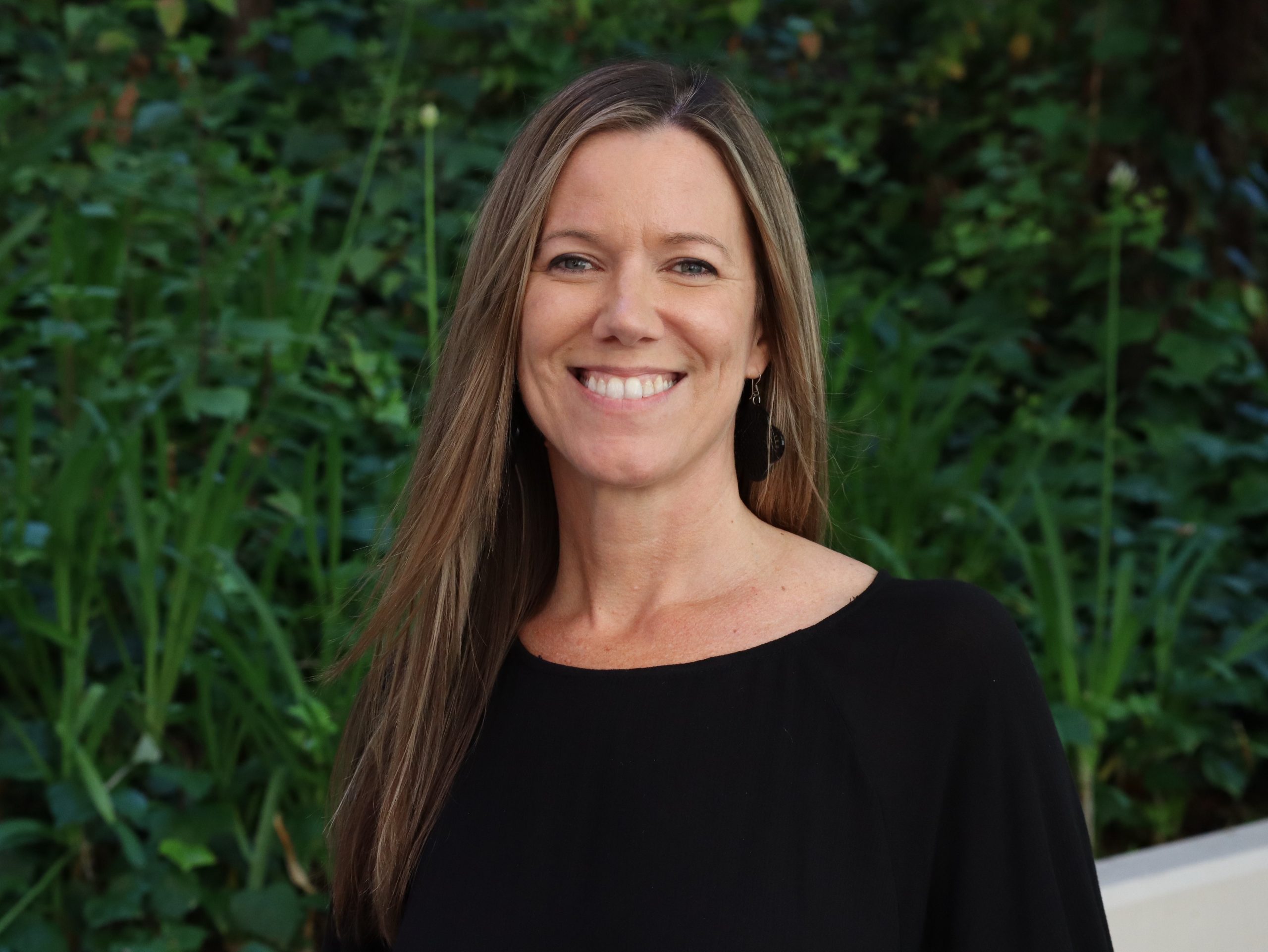
Dr. House is an Associate Professor of Cancer Biology in the Biology Department at San Diego State University (SDSU) and a member of the Moores Cancer Center at the University of California, San Diego (UCSD). She is also director of the SDSU/UCSD joint doctoral program in Cell and Molecular Biology. Dr. House received her PhD in Molecular Medicine from The George Washington University and completed her postdoctoral training at the National Cancer Institute. Her lab at SDSU investigates mechanisms by which the tumor environment supports stress tolerance, chemotherapy resistance, and disease progression in breast and ovarian cancers.
Talk: Chemotherapy-induced TWEAK-FN14-NF-kB Signaling promotes integrin ɑVβ3 expression and survival of ovarian cancer stem-like cells
Abstract: High grade serous ovarian cancer (HGSOC) patients initially respond to chemotherapy but a majority relapse with chemoresistant disease when diagnosed at late stages. Research supports the notion that cancer stem-like cells (CSCs), a subpopulation of drug-resistant tumor cells that display many features of normal stem cells, are responsible for facilitating relapse and therapies targeting these elusive cells may prolong remission. The tumor microenvironment (TME) plays a crucial role in therapy resistance and tumor relapse. Cytotoxic chemotherapies have been shown to modify the stroma of the TME which may favor the survival of CSCs displaying specific adhesion proteins. We and others have shown that NF-κB transcription factors RelA and RelB respond to signals from the ovarian TME to activate genes that promote proliferation, chemoresistance, and survival. Our results further show that RelA and RelB differentially regulate the expression of specific integrins. Recently we found that TNF-like inducer of apoptosis (TWEAK), a cytokine involved in tissue repair and a strong inducer of alternative NF-kB signaling, is enriched during chemotherapy and promotes chemoresistance and survival of CSCs. Supporting a role for TWEAK-Fn14-NF-κB in mediating integrin expression we further show that integrin ɑVβ3, but not ɑVβ5 or ɑ5β1, was significantly increased in CD117+ and CD133+ CSCs and TWEAK enhanced this expression. Knockdown experiments indicate this is dependent on Fn14 and NF-kB activity. Moreover, RNA-sequencing analysis of tumor cells grown in spheroid conditions with RelA or RelB shRNA knockdown relative to control, show ITGAV is dependent on RelA while ITGB3 expression is dependent on RelB. Given that ɑVβ3 is known to mediate stress responses, chemotherapy resistance, and adhesion to extracellular matrices, we investigated ɑVβ3 integrins in ovarian CSC survival and tumor repopulation in chemotherapy modified stroma and the role of TWEAK-Fn14-NF-kB in mediating this. Using multiple in vitro and in vivo models combined with imaging flow cytometry we found that chemotherapy exposure 1) increases fibroblast production of vitronectin and fibronectin in vitro and in vivo, 2) enhances TWEAK-NF-kB-mediated aVb3 expression in ovarian CSCs, and 3) promotes survival of aVb3+ CSCs on vitronectin and fibronectin. Taken together our study uncovers a role for NF-κB transcription factors RelA and RelB in regulating CSC survival and repopulation ability in the post-chemotherapy TME. Understanding TME responses to chemotherapy exposure and how these influence survival and expansion of CSCs will help identify novel therapeutic targets to prevent relapse and prolong survival..
Dr. Evan Newell
Professor, Vaccine and Infectious Disease Division, at Fred Hutch Cancer Center
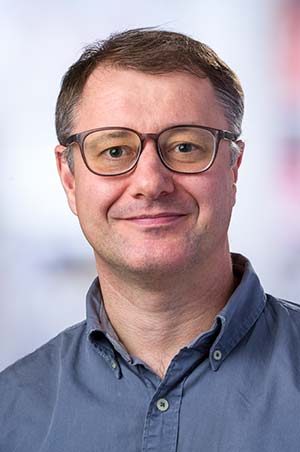
Evan Newell is Professor in the Vaccine and Infectious Disease Division at the Fred Hutchinson Cancer Center. He completed his B.Sc. in Immunology at McGill University and Ph.D. in Physiology at the University of Toronto. He did his post-doc at Stanford with Mark Davis where he worked on biophysical aspects of T cell antigen recognition and initiated the use of mass cytometry for the study of human T cell responses. He started his lab as principal investigator at the Singapore Immunology Network (SIgN) in 2012 and then moved to Fred Hutch in 2018. His lab applies and develops novel experimental and computational approaches for identifying and thoroughly characterizing human antigen-specific T cells. A major goal of the lab is to identify useful biomarkers of clinical outcomes in the context of human infectious diseases and cancer.
Talk: Asking T cells about what they see in human cancer and infectious disease.
Abstract: High dimensional flow cytometry and other methods have shown that T cells display enormous phenotypic and functional diversity in both blood and tissues. A goal of the lab is to identify, track and interpret the phenotypes of disease relevant T cell populations to better predict and understand the roles of T cells in human cancer and for protection from infection. In addition to summarizing how we have applied this approach, I will talk about some new directions the lab is taking to: 1. Develop broadly applicable approaches and scalable analytical methods for immune profiling of cancer immunotherapy trials, 2. Develop methods to more efficiently cataloging antigen-specific T cell receptor sequence repertoires, and 3. Enable cellular analysis of detailed characteristics and cellular contexts of tumor infiltrating T cells with in situ spatial transcriptomics and a new cell segmentation algorithm that facilitates single-cell analyses of archival FFPE samples. Overall, I hope to provide an overview of how we have used cytometry to gain insights into roles of T cells in human health and disease.
Stephen C. De Rosa, MD
Professor, Vaccine and Infectious Disease Division, at Fred Hutch Cancer Center
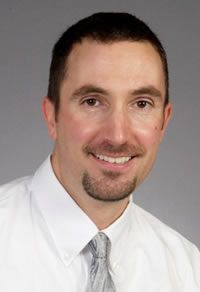
Stephen C. De Rosa, M.D. Vaccine and Infectious Disease Division, Fred Hutchinson Cancer Center Department of Laboratory Medicine and Pathology, University of Washington Seattle, WA, United States Dr. De Rosa received his M.D. from Stanford University and trained as a post-doctoral fellow with the Herzenbergs at Stanford and then with Dr. Mario Roederer at the Vaccine Research Center at the NIH. He has directed the flow cytometric assays in the HIV Vaccine Trials Network (HVTN) Laboratory since 2004. Within the HVTN, he developed and validated intracellular cytokine staining assays that are used to assess the cellular immunogenicity of candidate vaccines for HIV and tuberculosis. With the establishment of the COVID-19 Prevention Trials Network (CoVPN), he developed and validated a 27-color assay to characterize the Th1/Th2 balance and CD8+ T cell responses for several of the candidate SARS-CoV-2 vaccines.
Talk: Flow cytometry enabling vaccine development for major global pathogens
Abstract: Highly effective vaccines for several infectious diseases of global impact, including HIV, tuberculosis and malaria, have not yet been developed. Because of the unique challenges posed by each of these pathogens, novel vaccine approaches that induce a broad immunogenicity profile including both cellular and humoral immunity are likely needed. Therefore, as compared to most traditional licensed vaccines, sophisticated methods to measure and characterize the induced responses are critical to the clinical developmental pathway as candidates progress through the incremental stages of clinical testing and ultimately to identify immune correlates of vaccine-induced protection. Flow cytometry is used for measurement of both antigen-specific T and B cells induced by vaccination. With the emergence of COVID-19 and the urgency for rapid development and testing of novel vaccines, the experience gained from prior research on other global pathogens enabled quick development and validation of flow cytometric assays for SARS-CoV-2 vaccine assessment. Of particular importance was the documentation of the Th1/Th2 balance, since a Th2 bias was considered a safety concern. Our laboratory validated a 27-color intracellular cytokine staining assay with guidance from the FDA for potential use in Phase 3 clinical trials. The validation process highlights the special considerations for a complex flow cytometric-based functional assay as compared to more typical analytical assays submitted for FDA evaluation. Although our assay has not yet been used to inform the licensure of new vaccines, there are situations where such an assay may provide critical supporting information, such as by bridging immunogenicity data between different population groups (e.g., pediatric, pregnant women, immunocompromised) to reduce the need for large efficacy trials. We have also used this assay to characterize the cellular immunogenicity in early phase studies for several of the SARS-CoV-2 vaccine candidates, as well as in pathogenesis studies. The parameters of interest include several pre-specified cytokines and cytokine combinations that are validated and exploratory unbiased clustering results across all the functional and phenotyping markers in the assay. This presentation will focus on insights regarding the experimental approach to validation and use of flow cytometry in the context of Phase 1 to 3 vaccine clinical trials.
Yu-Hwa Lo
Professor, Electrical and Computer Engineering at the Jacobs School of Engineering, UCSD
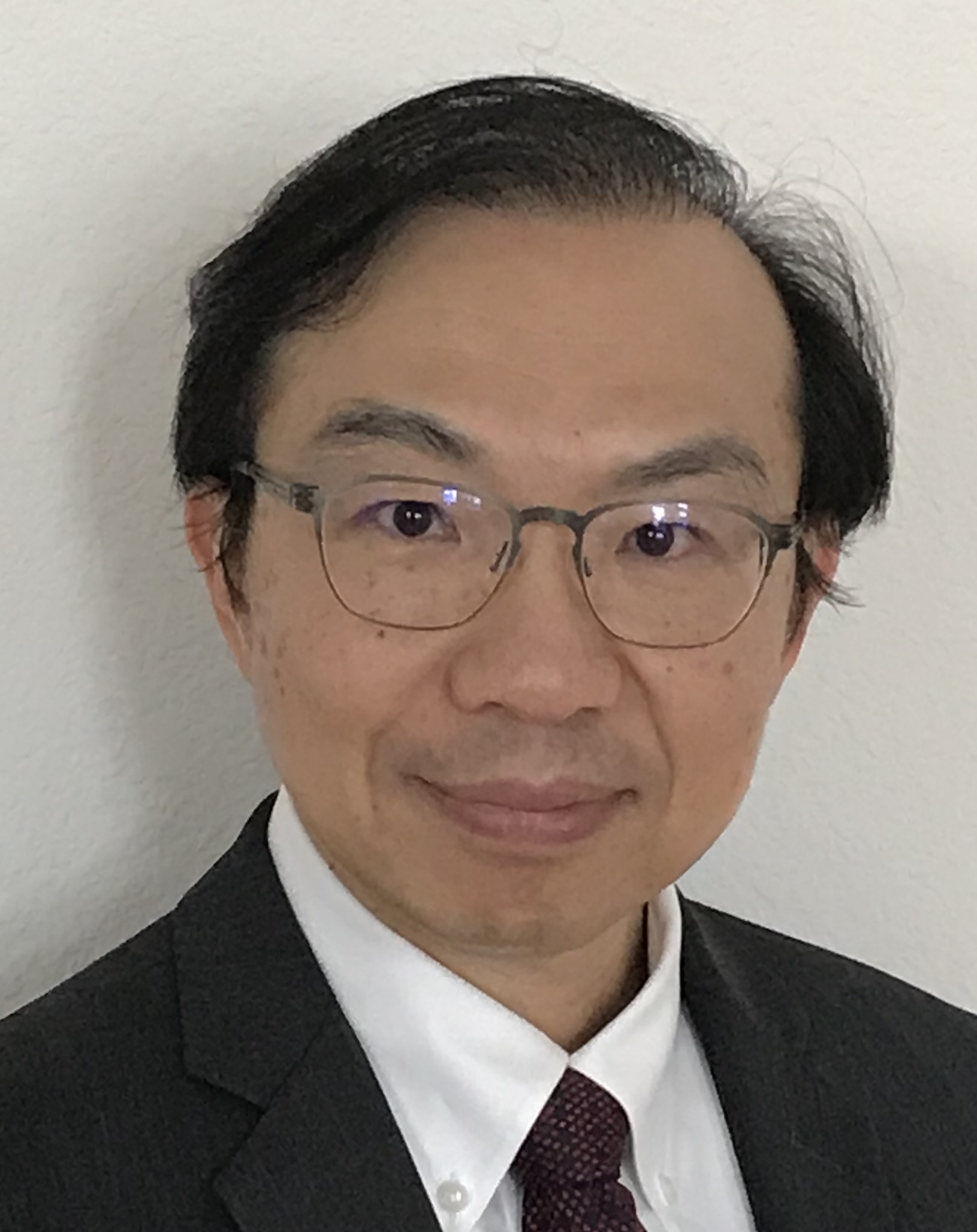
Talk: TBD
Abstract: TBD
